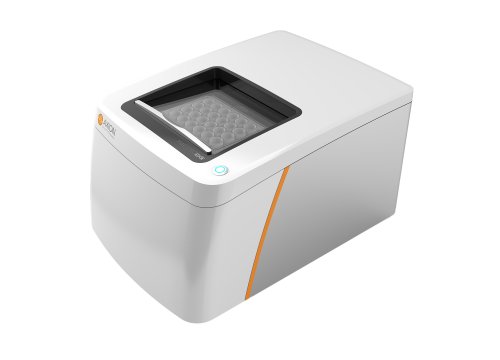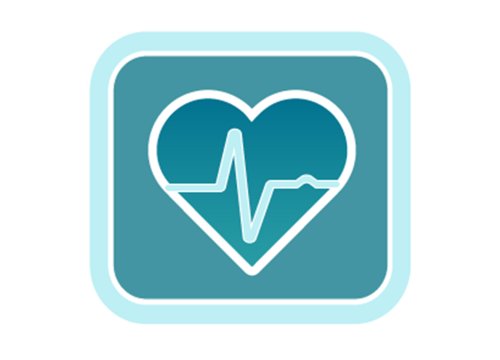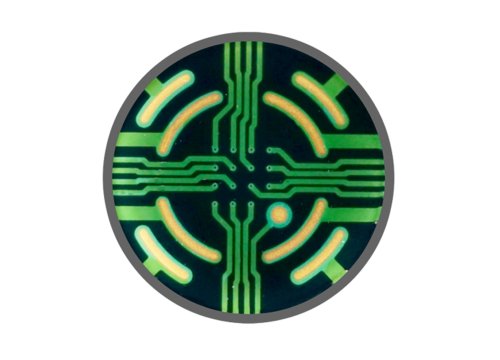Authors: MacNair CR, Farha MA, Serrano-Wu MH, Lee KK, Hubbard B, Côté JP, Carfrae LA, Tu MM, Gaulin JL, Hunt DK, Hung DT, and Brown ED.
ACS Infectious Diseases, 2022.
Scientists explore the effects of pentamidine analogs on cardiac activity in vitro with Axion’s noninvasive MEA platform.
Antibiotic resistance is a growing global health problem. Gram-negative bacterial infections are particularly challenging to treat, in part due to their highly impermeable outer membrane (OM), but the use of perturbant molecules to disrupt this barrier and facilitate the accumulation of traditionally Gram-positive-active antibiotics in Gram-negative bacteria is a promising strategy. In this study, scientists explore analogs of the drug pentamidine—an antiprotozoal medication that shows encouraging OM-perturbing activity but is limited by off-target effects including liver toxicity, low blood pressure, hypoglycemia, and QT prolongation.
To explore the effects of various pentamidine analogs on cardiac activity in vitro in real time, the scientists used Axion’s noninvasive, label-free Maestro multielectrode array (MEA) platform. Ultimately, the researchers identified the OM-disrupting compound P53 as a promising lead and demonstrated its ability to potentiate Gram-positive-active antibiotics while reducing cytotoxicity and hERG trafficking inhibition. Overall, the authors suggest that these findings may lead to the development of more effective therapeutic options in the future.


